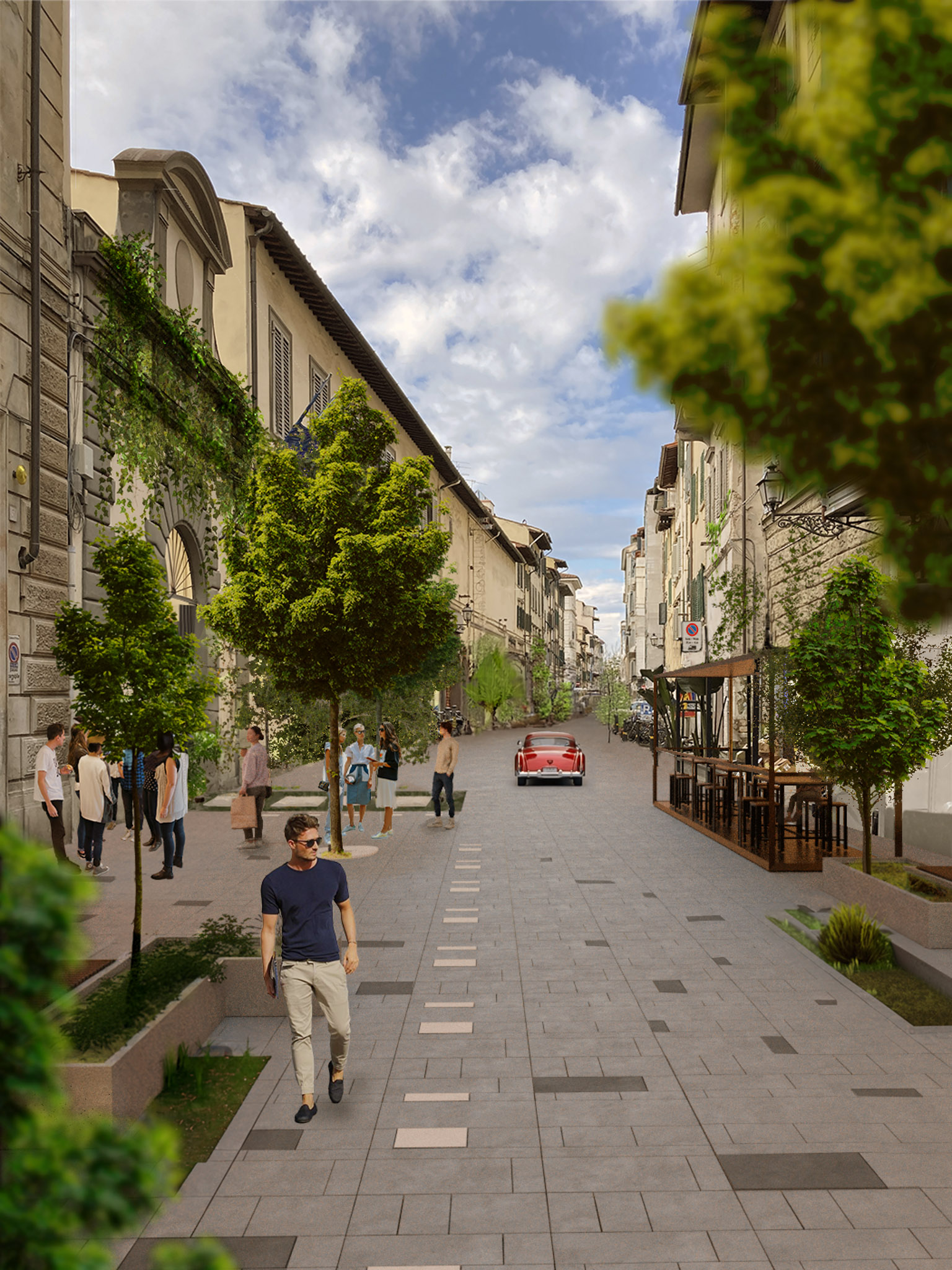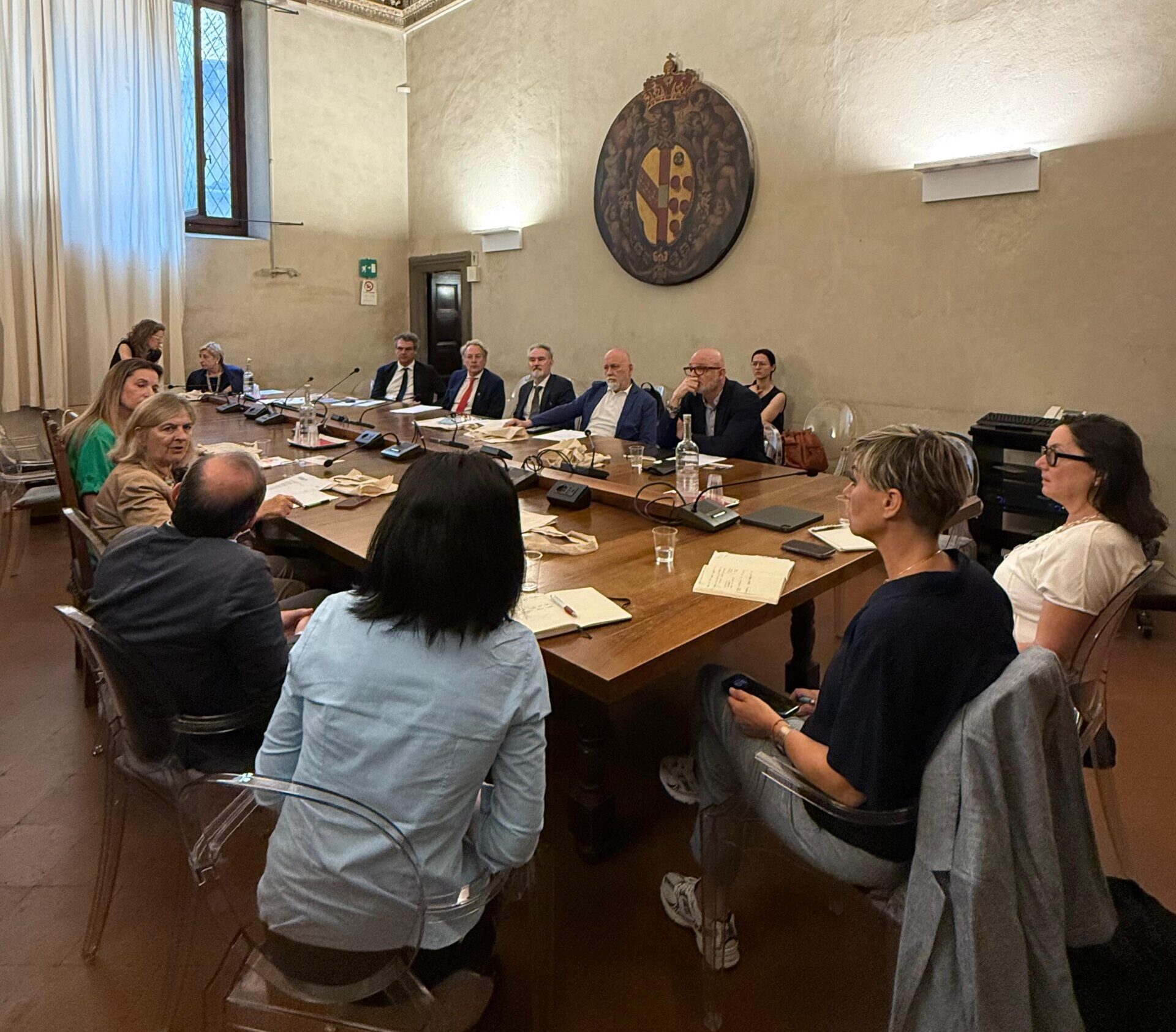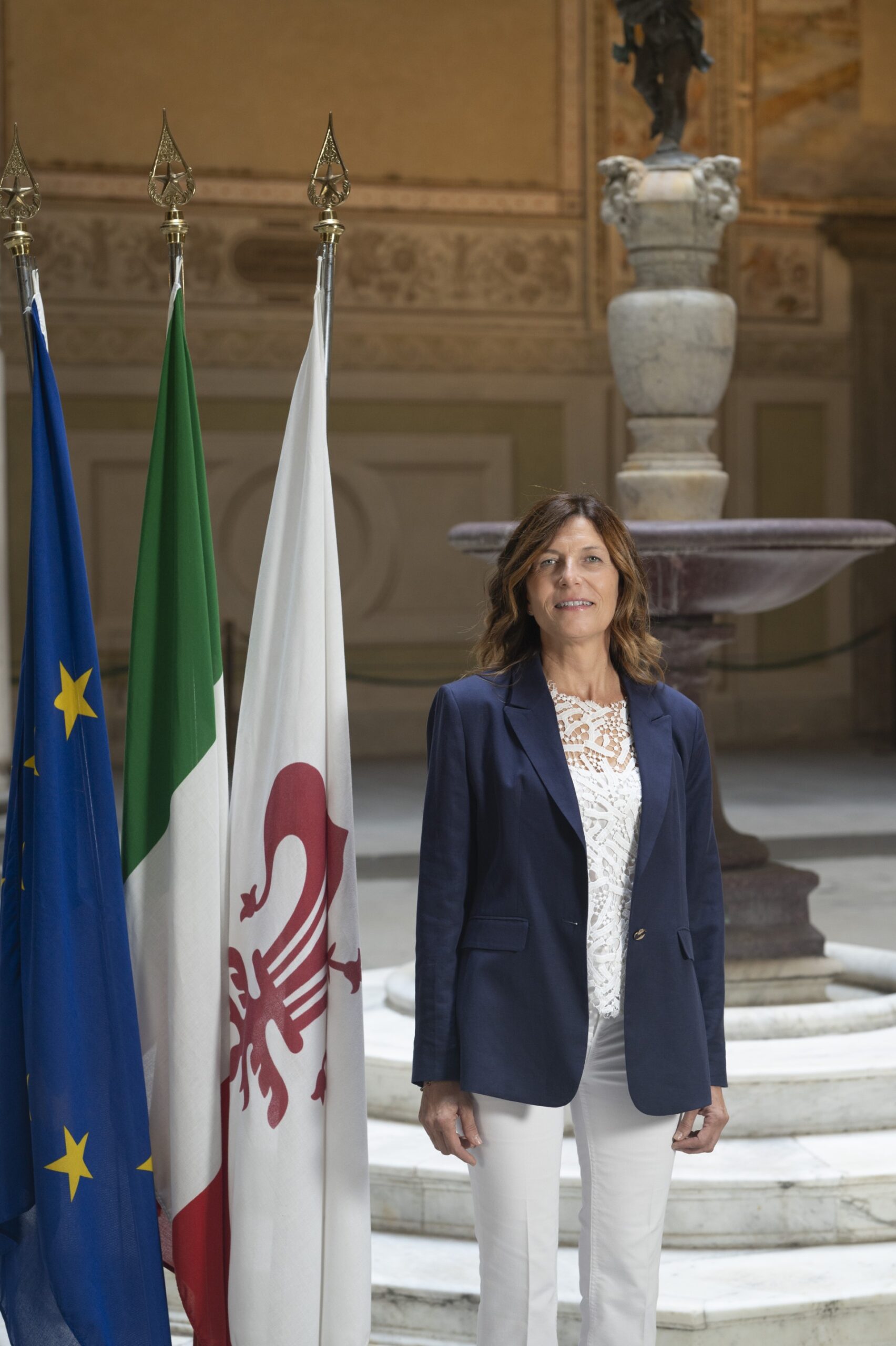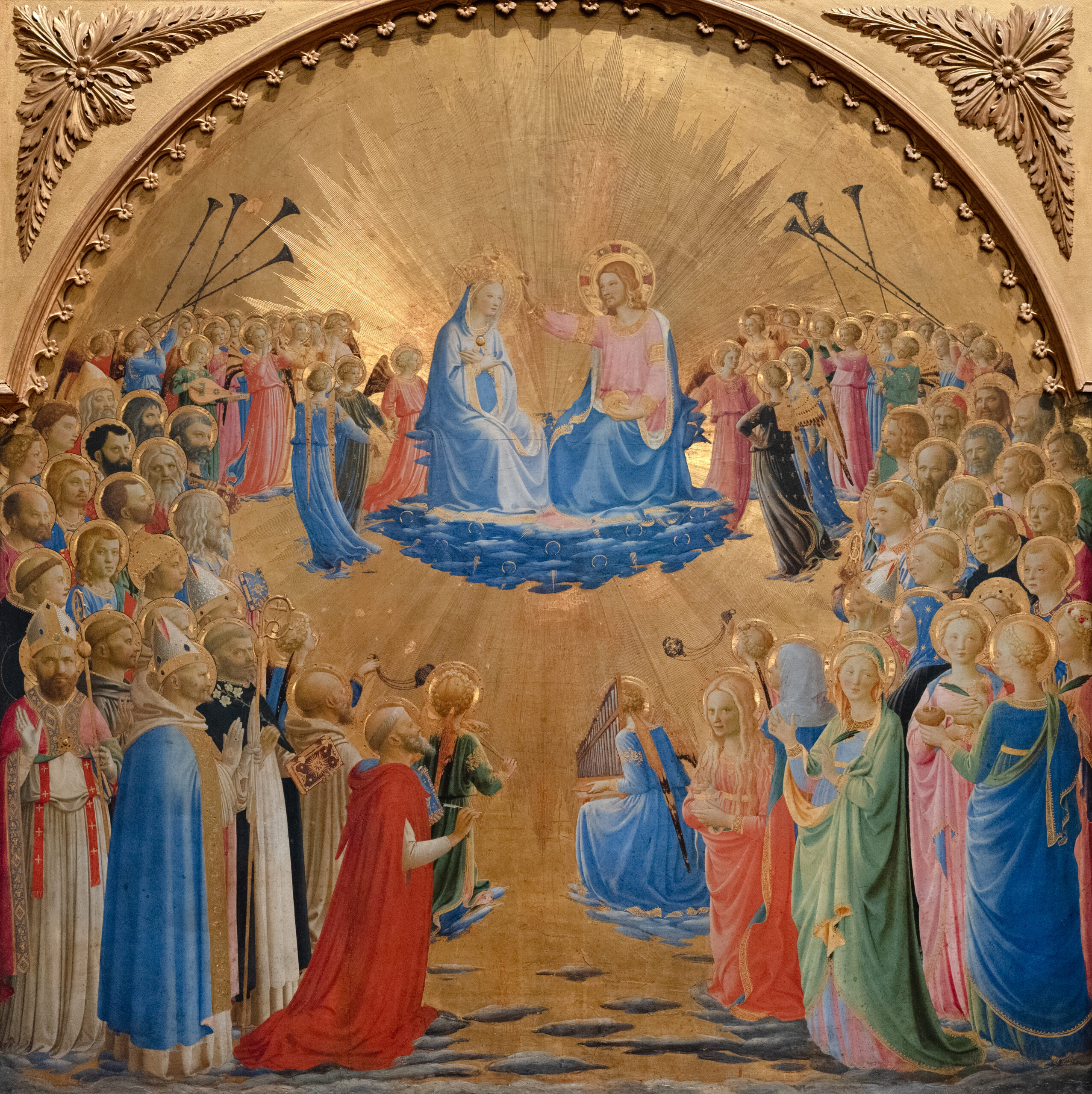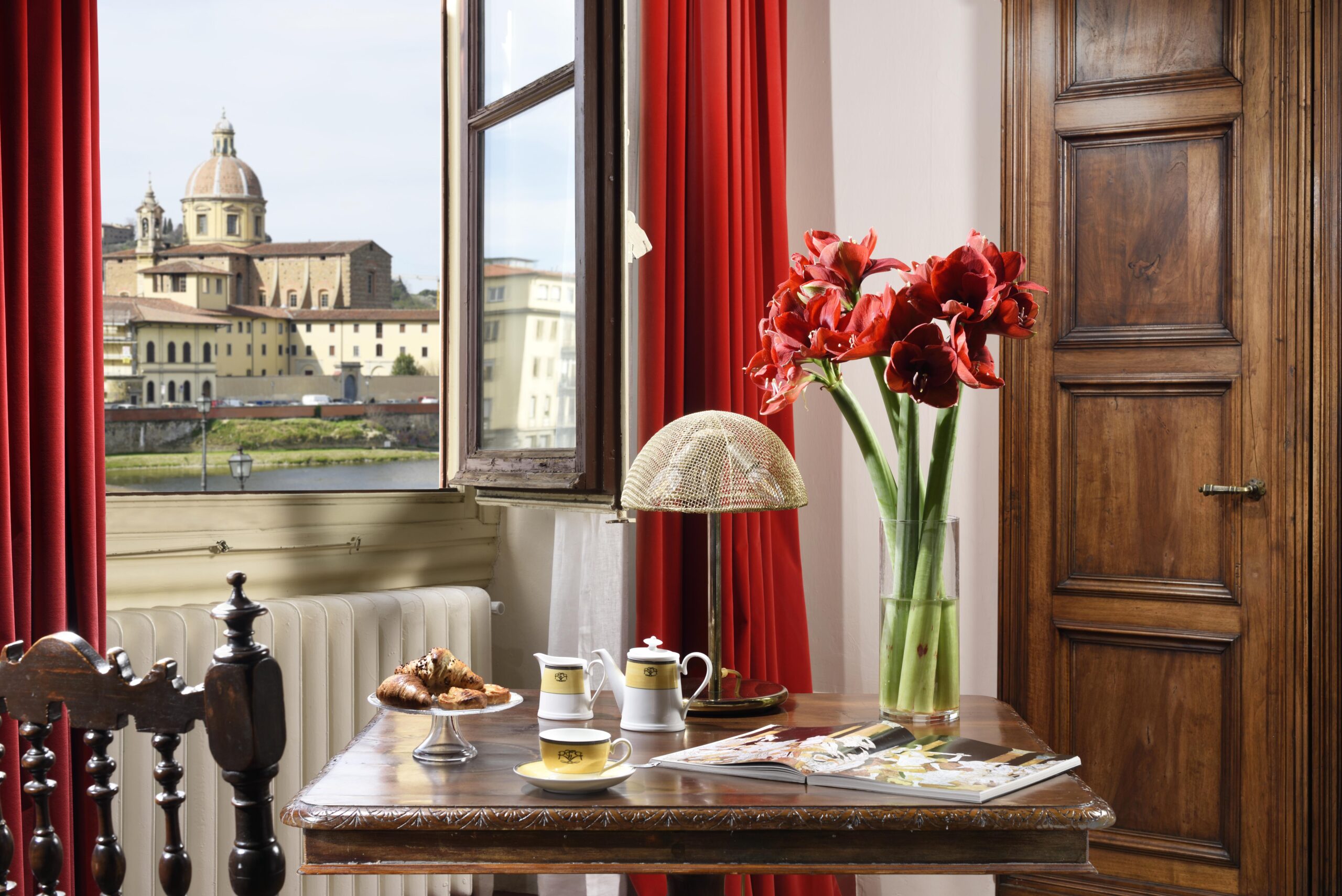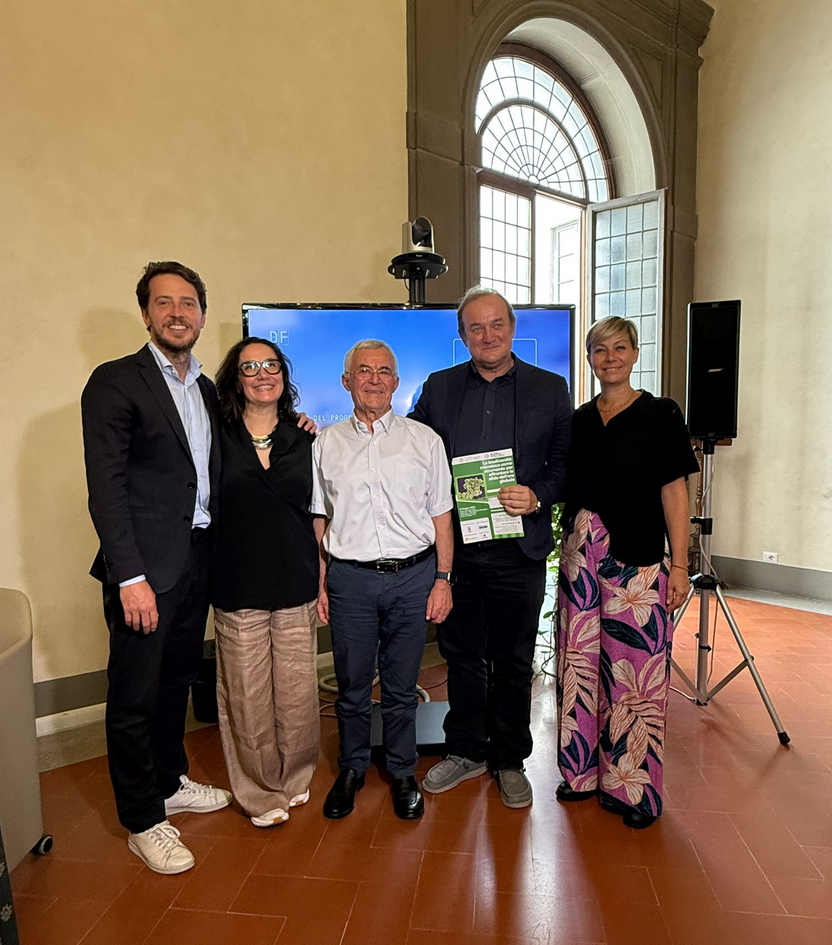Since founding Destination Florence until now, what do you regard as being the main milestones in the organization’s development, and how have these shaped your role as director?
There have been many moments that we can consider milestones, at least among those that I have witnessed since my arrival in 2010. Those years, 2010 and 2011, were really a way into the region, with former provincial councillor for tourism Giacomo Billi, who was a very significant president for us. That was the first big change. Without a doubt, our first real victory was winning the tender awarded by the municipality of Florence, which, in a certain way, made us part of the municipality. From there, I would say that it was the constant growth of our members and, as a result, our representativity, which therefore increased our importance. This certainly marked a change, including in my role and in my path, in a positive sense, of course, while also making it a little more demanding! We started by following a public mission with the partnership of the city council, but, simultaneously, the number of private members increased significantly, so it was challenging to put the two parts together. However, for me, it was an enormous professional development.
As Destination Florence becomes a foundation this year, what changes will take place internally within the organization as well as your approach to the market? What is involved in the new judicial form?
With the birth of the foundation, we certainly believe that our organization will be more stable and will have, even from an economic point of view, greater resources and, as such, a greater capacity to plan. From the beginning up until now, our consortium was already engaged in multi-year planning. Now, we can carry that out better. Of course, from a certain point of view, we have to maintain the stability of the public-private collaboration, because we have brought along many members, but I believe that we will be engaged in bringing forward new tourism policies with the administration, taking full advantage of the public administration within the organization, being able to work together on things that, until now, we weren’t able to, such as tourism flow policies, the improvement of the coexistence between residents and tourists, and, in general, working to make the city more hospitable.
In what way has the mission of Destination Florence altered over time to meet the changing needs of the tourism industry, especially in terms of technological innovation and travel trends? What is DF’s mission today?
It’s a good question. We have always adapted to the needs of the market, particularly by listening to our members. This is why, when acting as a consortium, we put great effort into conference tourism. Over the years, we have expanded upon our mission, becoming increasingly occupied with leisure tourism, destination weddings, and also international students. Obviously, all of this was accompanied by a technological evolution in particular on the part of Destination Florence, which therefore has offered commercial opportunities for the final tourist.


